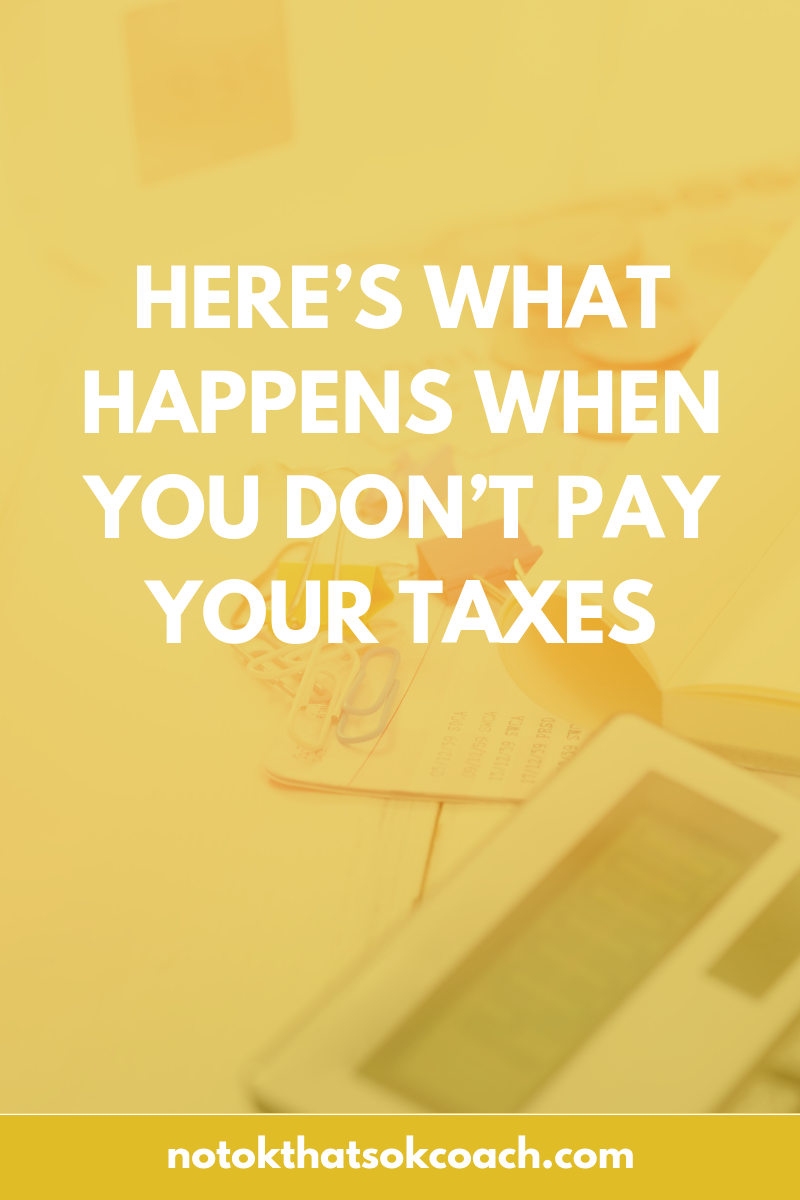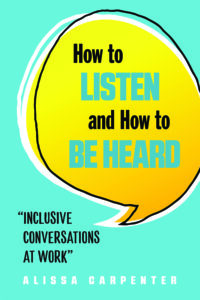This post is sponsored by Lexington Law.
One of the most mentally draining things to do every year is pay taxes (both through my business and as a family). Around April 15, I find myself in so many conversations with friends around returns, what we owe, and how exhausted we are in the process of it all. While this is by no means my favorite time of year, I spend many hours looking through paperwork, spreadsheets, and other forms to ensure that everything is not only filled out correctly but that it is submitted on time.
With that said, it’s really easy to get caught up with other things and miss the deadline. And unlike some things in life, this is a non-negotiable deadline. Unless you file an extension, you can face some financial penalties for not filing. And when you’re trying to pay off the penalties, you can easily fall behind in your other bills and cause a serious dip in your credit score.
Let’s just say, the IRS does not mess around and you don’t want to be caught in a sticky situation for not filing your taxes. If you’ve filed your taxes, and are wondering what happens if you don’t pay, here are four important things to know:
Owe More Money
The IRS will charge you a “failure to pay” penalty which includes interest on top of the money that you already owe. This is usually 0.5% of your unpaid taxes for each month you did not pay (up to 25% of the remaining unpaid taxes).
Something else to keep in mind is that interest keeps accruing on your unpaid taxes. This federal short-term rate is determined quarterly and then they add 3% on top of that. For more information on the penalties and fees, be sure to check out their website.
Wage Levy
When you owe money to the IRS and you’re not directly paying it, they will find other ways. One way is to take if from your paycheck. This means that what you think you’re bringing home may be significantly decreased because they’re keeping a large portion of your check. According to their website, this will happen until:
- you make other arrangements to pay your overdue taxes
- amount of your overdue taxes you owe is paid
- levy is released
Loan Qualification
While credit reports do not show tax liens as of the updated policies in 2018, unpaid taxes can still impact your ability to qualify for a loan. According to a post on Lexington Law’s blog, “when you apply for a mortgage, your lender may perform a public records search to find out whether you have any outstanding judgments or tax liens filed against you.”
One way to avoid this situation is to pay off your tax lien in full or set up a payment plan (mentioned below), with the IRS. Then you would need to prove that you not only have a payment plan, but that you’ve been consistent with payments.
Indirect Impact on Your Credit Score
Not paying your taxes does not show up on your credit report, but it can still indirectly impact your credit score. When you add additional bills each month and you don’t have additional income to make up the difference, your score can go down.
Maybe you’re paying what you owe the IRS and are now skipping out on other bills. Or you’ve put your payments on your credit card and are not able to pay that monthly bill. While the unpaid taxes aren’t directly impacting your credit, the unpaid bills and debt are. Just so we’re all on the same page, a low credit score can impact:
- Interest Rates: When you take out a loan for a car or home there is interest (additional money you need to pay back on top of what you borrowed). If you have lower credit, you don’t have a lot of choices of companies to go with and could have very high interest rates. With good credit you’ll pay lower interest and lower finance charges on credit card balances and loans.
- Credit Limit: Companies give higher limits to people who are more likely to pay them back. If you’re opening a credit card with a low credit score, your limit will be fairly small.
- Apartment Leases: Landlords are looking at credit scores before you can even sign a lease for an apartment. With a low score, you might get stuck with higher deposits or need a co-signer.
- Car Insurance: According to Consumer reports, a poor credit score could add an average of $1,301 to your yearly car insurance premium.
If you haven’t taken the time to understand your credit score, now is the time to make that change. But trying to navigate your credit report and your credit score alone can be difficult, especially if this is your first time looking at it. The professionals at Lexington Law will work with you to help you understand your credit report and find strategies for increasing your score.
WHAT TO DO IF YOU CAN’T PAY YOUR TAXES
File Your Taxes Anyway
It can be scary to look at these numbers and see how much extra you will have to pay in fees and accrued interest, but if you don’t file taxes the penalties are much worse as we talked about above. The first step is to actually file them to avoid even more fees and to know exactly where you stand.
Set Up a Payment Plan
You can apply through the IRS for a payment plan so you don’t have to pay everything all at once. According to their website, the “payment options include full payment, a short-term payment plan (paying in 120 days or less) or a long-term payment plan (installment agreement) (paying in more than 120 days).”
Create a Budget
Whatever option you choose, you will need to create a budget to ensure that you’re making progress towards your taxes and are staying up to date on your other bills. This should involve looking at your current spending and lifestyle and making some necessary changes.
Other Options:
These two options are not for everyone and should not be taken lightly. But I do want to put them out there as just that…options.
Pay Using a Credit Card
If this is something, you’re looking into, you want to be aware of a few things.
- If you don’t pay your credit card bill, you’ll be charged interest and you’ll be paying credit card interest plus any interest you owe from your taxes
- There is a processing fee when you use this as a payment option for your taxes
- Your credit score can lower if you’re delinquent on payments
Take Out a Personal Loan
Now this one can be really sticky as it depends on your lender, what you owe, interest rates, and many other factors. When you take out a personal loan to pay your taxes and do not have a plan to pay that loan off, you’re accumulating high interest rates from more than one source (loan and taxes). You want to spend time doing your research on lender options which will vary depending on your credit score among other things.
Whether you’re struggling to pay off your taxes right now or see this as being a problem in the future, it’s important to take control of your financial situation. Knowing where your credit stands now and creating a proactive plan to increase your score is crucial, especially as your bills increase. Remember, a low score impacts so many things from getting an apartment to the rate of your car insurance.
If you’re looking for support in understanding and increasing your credit score, try reaching out to the professionals at Lexington Law.
- Cultivating Relationships - July 20, 2021
- Empowering Our People - July 13, 2021
- Finding Purpose - July 6, 2021




